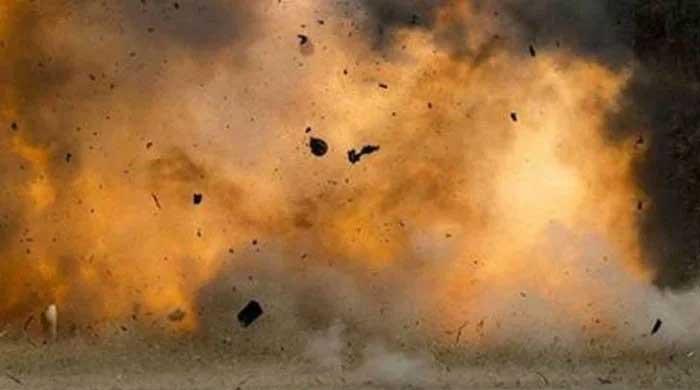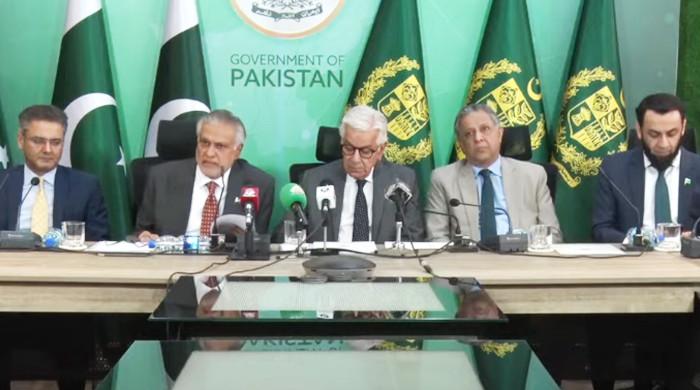Balochistan sees sharp rise in hepatitis cases due to lack of clean drinking water
About 10,000 patients were diagnosed with hepatitis C and B in Balochistan during the first six months of 2021
July 11, 2021
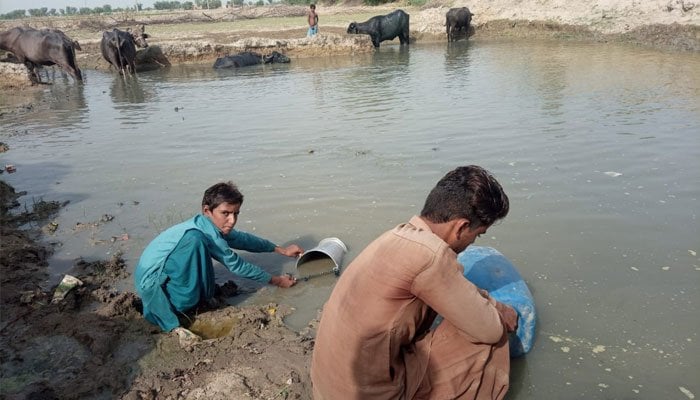
- About 10,000 patients were diagnosed with hepatitis C and B across the province during the first six months of this year.
- Out of the 12.3 million population of Balochistan, 85% does not have access to clean drinking water.
- Since 200 filtration plants across the province had to be shut down.
BALOCHISTAN: The number of hepatitis cases has increased in Balochistan due to the unavailability of clean drinking water as well as a lack of water-filtration plants in the province, Geo News reported Sunday.
Per the report, the province is facing an acute shortage of clean drinking water because of which people are forced to use contaminated water from ponds and lakes.
According to hospital statistics, 10,000 patients were diagnosed with hepatitis C and B across the province during the first six months of this year. Of the total, 3,000 patients were reported in the Jaffarabad district alone.
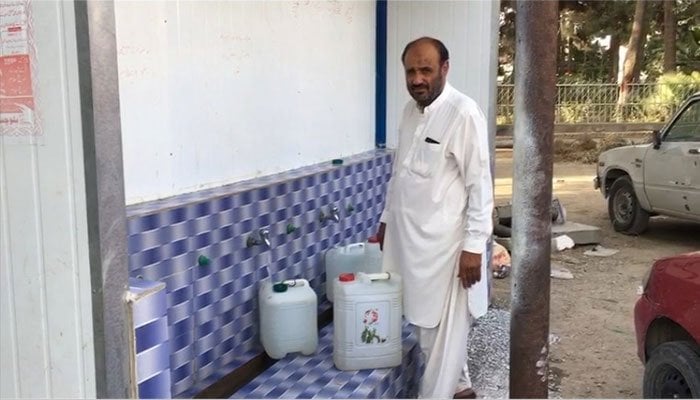
The second-highest number of hepatitis patients were reported in Lasbela — the native town of Balochistan's Chief Minister Jam Kamal — where 1,000 people were diagnosed with hepatitis during a screening of 13,000 people.
Medical experts say that in order to prevent growing hepatitis and stomach diseases in Balochistan, it is necessary to provide clean drinking water to the citizens.
Province-wide problem
The lack of access to clean drinking water is not just a problem faced by a single division or district in Balochistan but all the districts of the province are facing the same situation.
According to government sources, out of the 12.3 million population of Balochistan, 85% does not have access to clean drinking water.
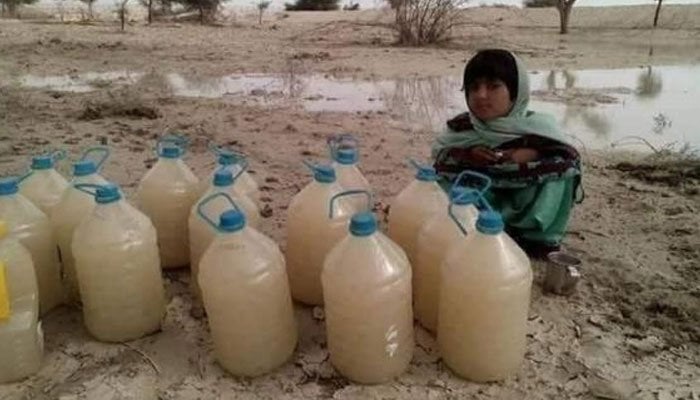
For instance, the Bhag Tehsil of Bolan district is an unfortunate area where 50,000 people have not had access to clean water since the establishment of Pakistan.
The Public Health Engineering Department (PHE) had set up three water-supply schemes for Bhag Tehsil, but all of them fell victim to corruption. The Supreme Court took notice of the non-supply of clean water in Bhag and the issue was resolved temporarily. However, citizens were forced to drink contaminated water once again as the filtration plants set up there stopped functioning.
Lack of water-filtration plants
The federal government initially installed 100 water-filtration plants in 2005 to provide clean water to the people of Balochistan. Seeing the success of this project, the federal government started another project called "Clean Drinking Water for All" in 2007.
Under the scheme, the government decided to install 409 filtration plants in the province for Rs750 million. However, this project too fell victim to corruption and negligence.
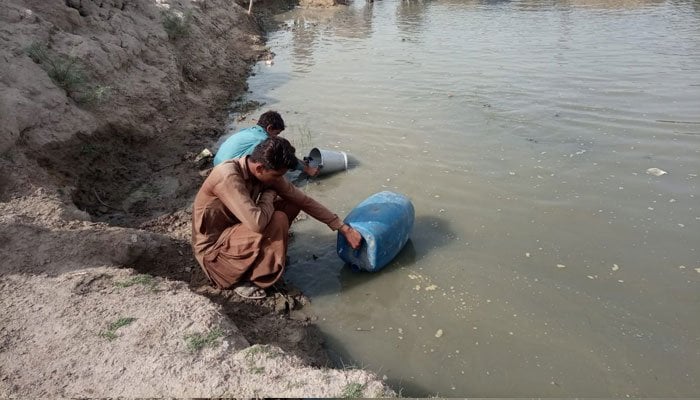
Per sources, when the matter was notified to the National Accountability Bureau (NAB), it recovered Rs23.7 million from the construction firm and PHE to reactivate 300 inactive plants. In 2014, 150 filtration plants were installed in the province at a cost of Rs250 million, bringing the number of state-owned filtration plants to 700.
However, due to negligence and lack of maintenance, 20 out of 70 filtration plants in Quetta and around 200 filtration plants across the province had to be shut down.






